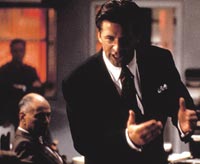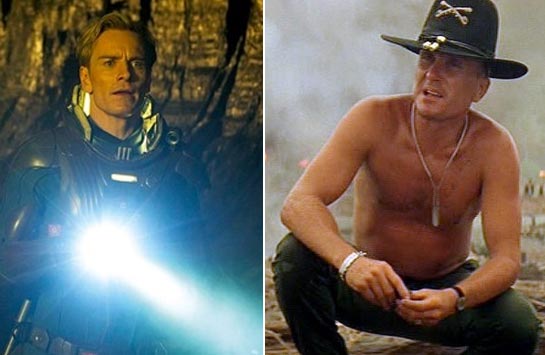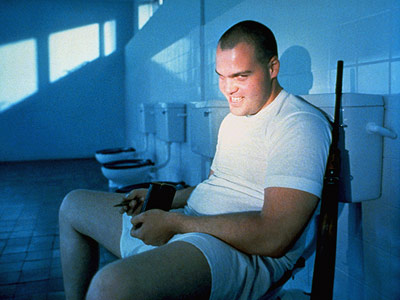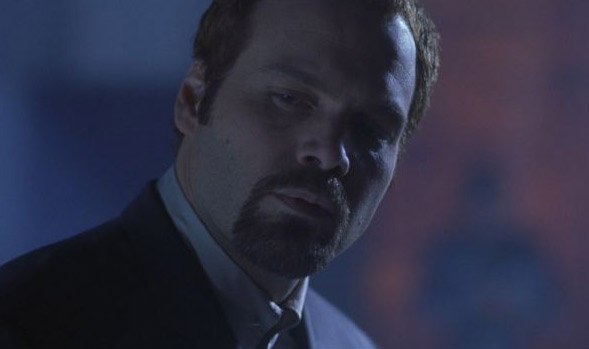Link Bowl
 Monday, February 4, 2013 at 10:00AM
Monday, February 4, 2013 at 10:00AM AP the inventor of Etch-a-Sketch has died. If I still had one still, i would draw you the saddest frown right now. Unhappy about this!
YouTube "Upside Downton Abbey" via Sesame Street
Playbill interviews Sebastian Stan who has now made a name for himself on all three actors mediums: film, tv, and stage (with Picnic, previously discussed)
BuzzFeed why The Amazing Spider-Man sequel will prove to be a bizarro version of Spider-Man 3
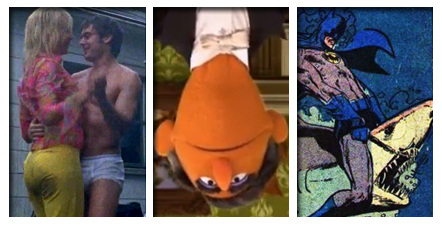
Comics Alliance this made me lol'an extensive discussion of Batman punching animals'
Salon Richard Kramer remembers his mentor Pauline Kael
/Film Matthew Modine has had his diaries from Full Metal Jacket made into an iPad App. Great idea.
Carpetbagger Wreck-It Ralph scores at the Annie Awards
Empire Johnny Depp might finally play a non cartoon again. He could attend Black Mass, a true story crime drama, with Barry Levinson directing. He's done this genre before to varying but mostly positive results (Public Enemies, Donnie Brasco)
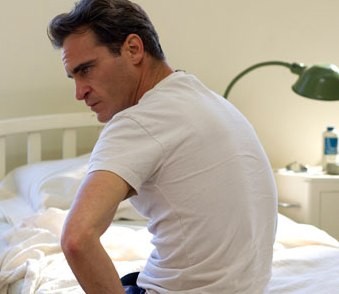 Awards Daily on the conjoined fall & rise of Zero Dark Thirty and Argo
Awards Daily on the conjoined fall & rise of Zero Dark Thirty and Argo
The New Yorker nominated The Paperboy for future camp classic now that it's on DVD "where it belongs"
Jeremy Helligar on why Joaquin Phoenix should win the Oscar instead of Day Lewis. Love this bit...
Quell was a mix of standout characteristics of at least three of the characters played by Phoenix's Best Actor Oscar competition, a drunk like Washington's Whip Whitaker, cuckoo like Cooper's Pat Solitano (though hardly recovering) and criminal like Jackman's Jean Valjean (again, hardly reformed). If The Master had been set 100 years earlier, circa 1850, I have no doubt that Freddie would have wanted to free the slaves, too.
Do you have any impossible dream of Daniel's third going to someone else?



